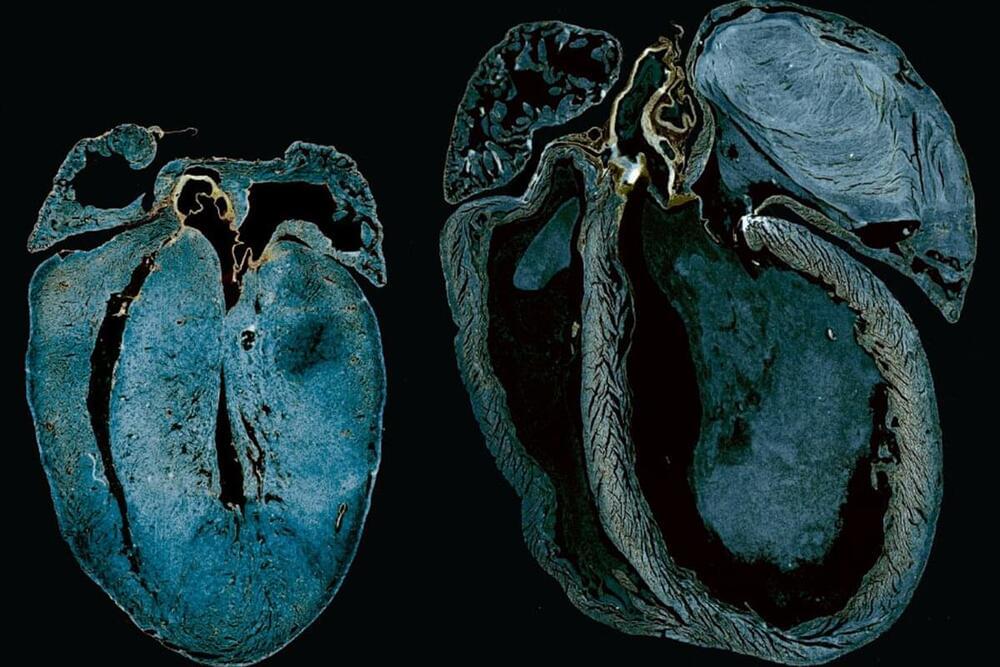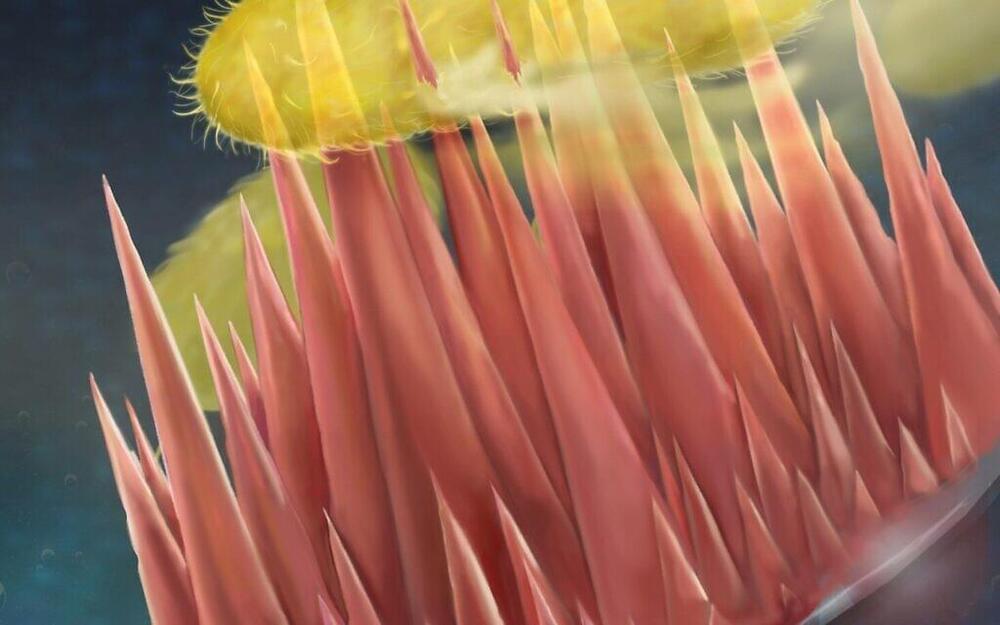In this video students of the Maastricht Science Program NanoBiology Course 2020, show their explanation of the SARS-CoV-2 viral budding. Using CellPAINT, UCFS Chimera and their creativity they explain the nanobiology of how the SARS-CoV-2 virion can bud and leave the cell.
Viruses are not living things. They are just complicated assemblies of molecules, in particular macromolecules such as proteins, oligonucleotides, combined with lipids and carbohydrates. A virus cannot function or reproduce by itself. It needs a host cell.
When a virus enters the host cell, a series of chemical reactions occur that lead to the production of new viruses. A virus needs to find a host cell, attach to it, enter it, and reprogram it such that it will replicate its genome and produce new proteins that allow the assembly of a new virus. Once new viruses have been assembled, they need to get out of the original host cell, on their way to the next host cell they can exhaust. Some viruses have an easy way out: they use up all the resource of the host cells until it dies and lyse. This would only work for naked viruses such as polyomavirus and adenovirus, which lacks a lipid membrane.
Washing hands has been a standard measure since the start of this COVID-19 pandemic. The soap will disintegrate the lipid envelop of the SARS-CoV2 viral particles, as this is an enveloped virus. Enveloped viruses need envelopment, a process in which the capsids become surrounded by a lipid bilayer. This process takes place prior to release. Two mechanisms for envelopment exist. First, envelopment can proceed sequentially after the completion of capsid assembly. The fully assembled capsids are recruited to the membrane by interaction of the viral capsids with viral envelope glycoprotein. Examples of this include herpesvirus and hepatitis B virus. Secondly, the envelopment can occur simultaneously with the capsid assembly. Retrovirus is the representative of this coupled mechanism.
Where does the membrane for the envelopment come from? Some viruses, such as retrovirus and influenza virus, using the plasma membrane as the site of envelopment, whereas others, such as herpesvirus and hepatitis B, use the endoplasmic reticulum (ER) and Golgi bodies as the site of envelopment.
Enveloped viruses are released from the infected cell via exocytosis, a process which is often also called budding. Viruses exploit cellular mechanisms to produce their own progeny extracellularly. For example, the budding of retroviral Gag is facilitated by ESCRT complexes, which are normally involved in the multi-vesicular bodies (MVB) pathway. How does SARS-CoV2 release its offspring from the infected cell? Can we interfere with these steps such that we attack the virus at each step of its life cycle?




